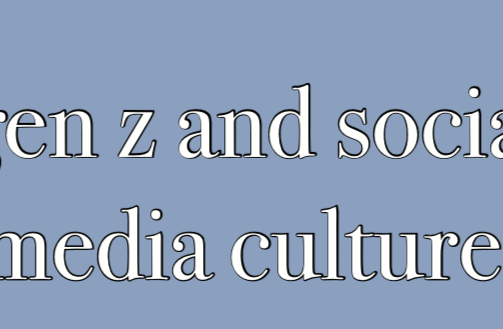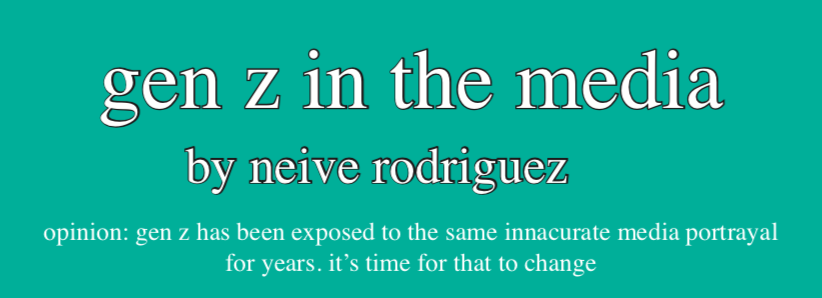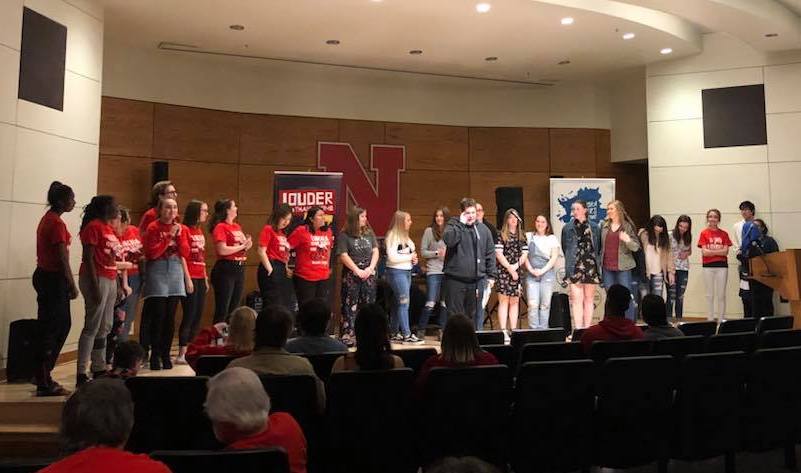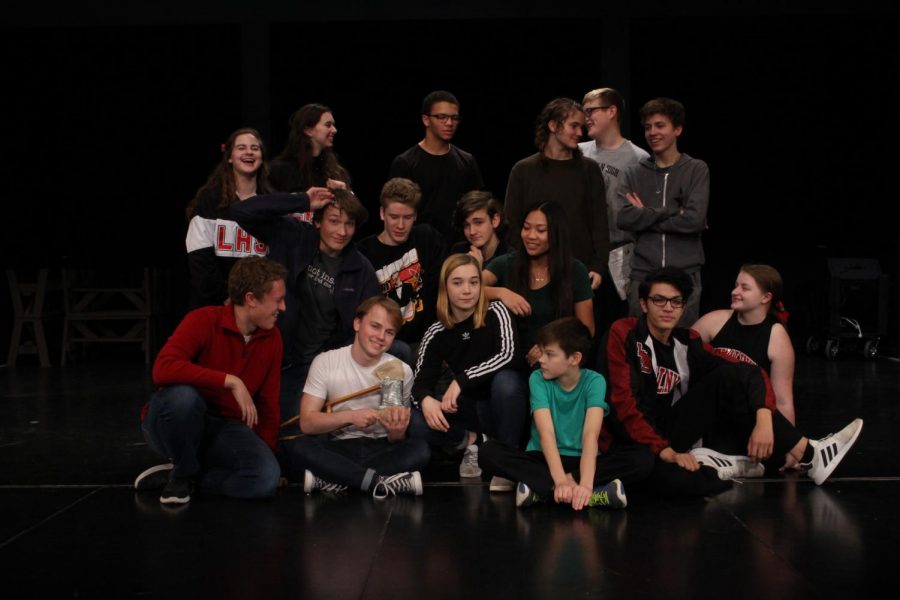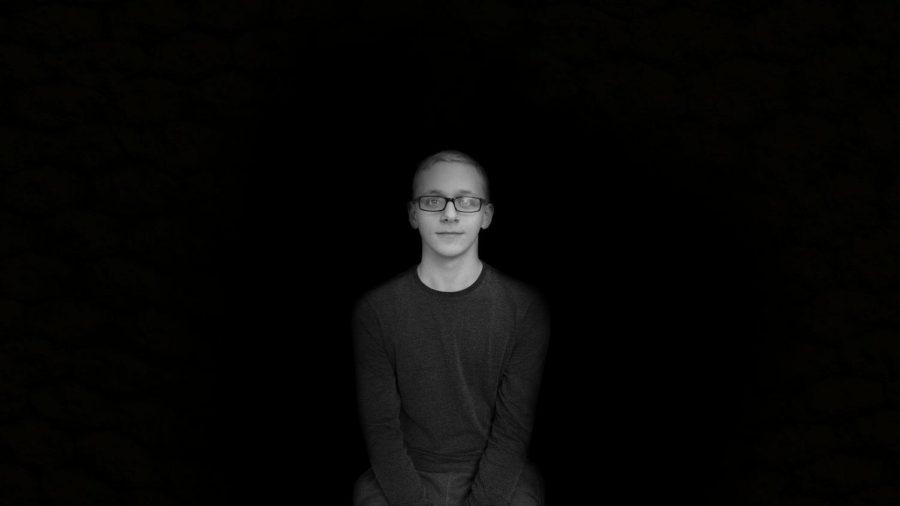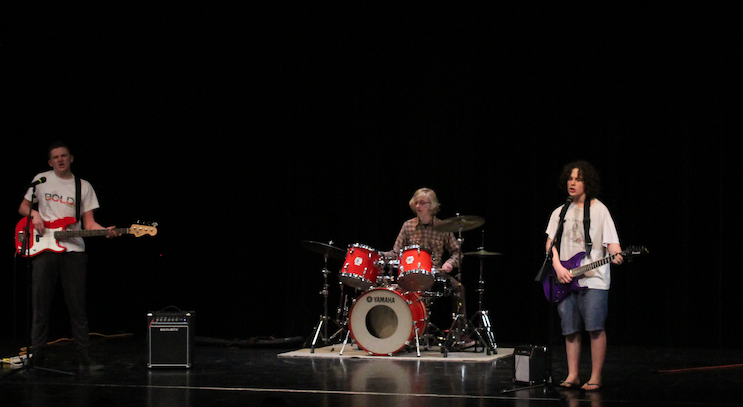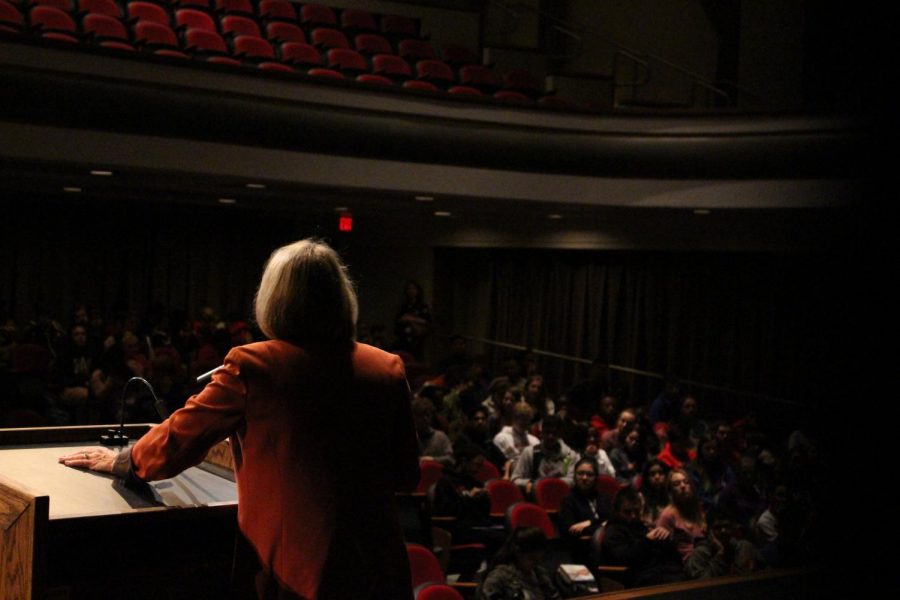By Neive Rodriguez
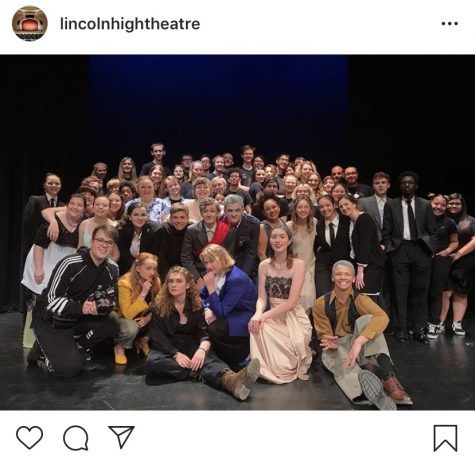
Perhaps one of the most distinguishable parts of being a Gen Z is our relationship with technology. Many of us grew up with computers in our homes, and were given mobile devices once we were in middle school. Using technology, specifically social media, comes easily to to most of us. We find that our parents ask us for help using their own devices.
Social media has become a huge part in our interactions with friends, family and the world. News stories reach us in hours within the time that the events themselves occurred. Conversations take place across several time zones. This new and exciting reality has many benefits but also drawbacks.
So how has our generation been impacted by social media and cell phone usage? And how large or small has this impact been?
Communication is the first thing that comes to mind that has been impacted significantly. Keeping in contact with people is simple and requires little effort. Phone numbers are forgotten and conversations last hours over text. Obviously, this is convenient, but some feel that these interactions have taken out the personal aspect of communication.
“Social media has impacted my life by providing many different pages from around the world that post different things, and has helped me to know more about different cultures from around the world,” 2019 senior Shaymaa Saydobut said. “It takes a lot of my time so I try to limit my time for social media daily.”
“I feel like social media has completely ruined our social skills because we don’t know how to hold a conversation without involving our phones,” junior Kylie Watermolen said. “Texting has become a huge part of our lives.”
Other negative aspects of social media lay more with the social aspect itself.
“I think social media makes it cool to crave validation,” junior Emma Harner said.
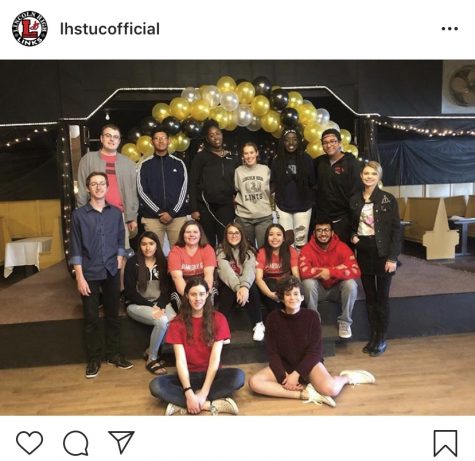
The very concept of Instagram itself involves numbers that reflect popularity. Likes, comments and the number of followers makes for a competitive and mentally draining environment. Social media adds another layer of pressure to look and act your best. And of course, the issue of cyberbullying exists.
However, knowledge about just about anything is accessible. Social movements spread quickly and involvement in them is easy. Gen Z may be known for our irritatingly close relationships with our phones, but we are also very well-informed. Social media has caused our generation to have two social bubbles, one in person and one online. Since our online profiles are highly visible, we strive to make ourselves appear perfect, although that is far from how we actually are person-to-person. We also tend to spend hours online, which is distracting and addicting.
“It has been useful for me, but sometimes it makes me miserable, because you always want to use it and you might be distracted from something important in your life,” 2019 senior Arya Ebrahimi Kamirani said.
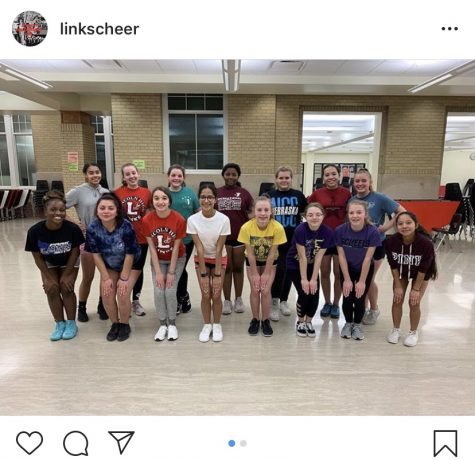
According to the American Psychological Association, psychological well-being was lower in adolescents who spent more time with on-screen activities than off-screen. Anxiety, depression and sleep deprivation were higher among these students. Adolescents with the lowest time spent online were reportedly the happiest.
Although it may seem like social media has endless negatives, it has also created an entire culture for youth to relate to and participate in. Life online is extremely diverse and colorful. Humor is unfiltered and honest.
According to Fast Company, Generation Z has spent their entire lives online. Because of this, an “intimate exhibitionism” has appeared that other generations, such as Millennials, do not have.
In comparison to Millenials, Gen Z simply has a different relationship with the social media. This is because of our early beginnings online. From a young age, many of us were already on YouTube and Instagram. Although we almost always regret what we did online when we were younger, because of our exposure to social media at an impressionable age, our generation has been fundamentally affected as a result.
Positive or negative, the effects social media has had on Gen Z are undeniably important.
“I feel like everyone is more accepting of others now than in the past,” sophomore Emma Izzo said. “I feel like social media has definitely helped us become more socially aware of others and how their differences are things we should accept.”
Links to Lincoln High Social Media Sites:
Instagram:
Twitter:

